The Teen Years:
A Healthy Brain Approach
Parenting teenagers is both a joy and a challenge, with no shortage of adventure. This is our journey, navigating these years with a focus on whole brain health. As a parent in the sandwich generation, I also explore the aging brain. Everyone's story is different - this is ours in real time and I encourage you to join our supportive Facebook community and share yours!
Mindfulness meditation improves brain structure & function, as well as physical and mental health. Contact us for more information on mindful approaches in health coaching.
Why a focus on brain health?
Maintaining our physical, mental, social, emotional, environmental, economic health can be pretty overwhelming when we separate these into their individual categories and have a dozen different goals. Putting a singular focus on our essential body organ, the brain, can help narrow in that focus or at least give us an overarching one that touches on all of these different areas.
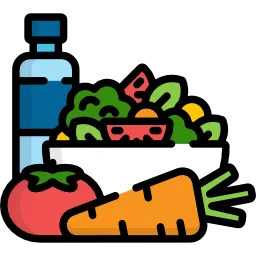
Fueling the Brain
What we feed our brain directly impacts how well it functions for us. Providing the best nutrients and minimizing harmful substances will set us up for optimal brain performance and longevity. Additionally, our gut-brain axis is an intricate two-way street of communication involving multiple body systems, impacting digestion, stress response, mood, neurodegenerative diseases and more.
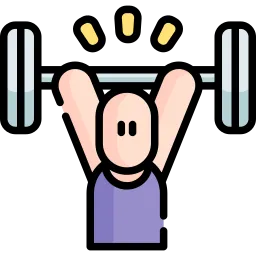
Exercising the Brain
Our brains benefit immensely from physical activity, as well as learning or mental exercise, and social/environmental interactions. Mindfulness meditation is one of many ways shown to improve brain neural connections, learning, memory, attention, emotional regulation, and stress response. Additionally, mindfulness improves overall physical and mental health, and is shown to have a protective or preventative effect.
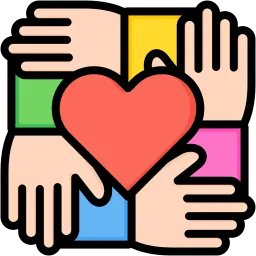
Connection & the Brain
Connecting with loved ones, with community, and with nature have so many positive effects on our brain. These connections help reduce stress and help the brain handle stress, increase cognitive reserve, and strengthen neural connections.
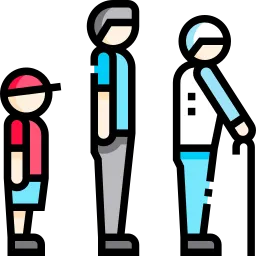
The Aging Brain
Our brains go through so many adjustments throughout our lifespan. From fetal development, through infancy and childhood, adolescence, adulthood, and older adulthood. Understanding these transitions can help us both prepare for and manage adjustments we may need to make in fueling and exercising our brains for continued optimal performance.
How do shared experiences shape us?
Shared experiences have been shown to increase our emotional response for the experience, as well as release certain neurochemicals & hormones involved in human bonding. Experiences like these can improve our socioemotional, mental, and physical health in all phases of life, help prevent chronic disease, and position us better for successful futures.
Teen brains, specifically, prioritize peer-to-peer shared experiences, making them highly sensitive to social cues, feelings of belonging, and susceptible to peer influences - factors that significantly impact the shaping of personal identity and character.
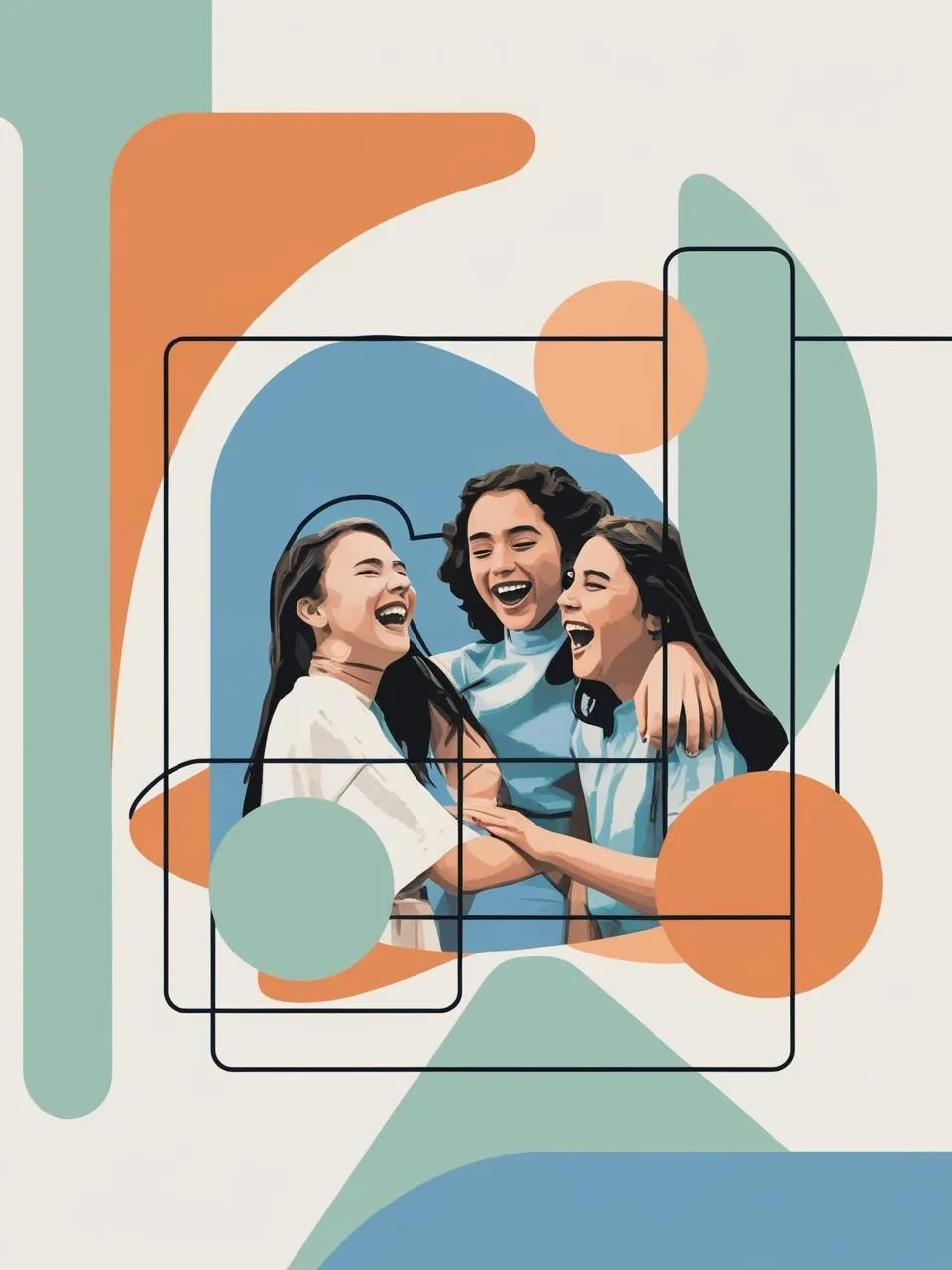
Adventure, Experiences, Journeys, Curiosity, Novelty
Research shows that the teen brain seeks novelty. Adolescents are going through so many transitions - their brains flooded with fluctuations in hormones, their bodies growing and changing, their social structure shifting. The teen brain's reward system (limbic) is rapidly developing during this time, with the brain's rational decision-making system (prefrontal cortex) lagging behind. The neurotransmitter Dopamine also surges during this phase, giving them the feel-good reward of new experiences and motivation to seek out and explore for more.
So, how does this impact parenting? What does all of this mean for the aging brain?
In quoting Greek philosopher, Heraclitus, "Change is the only constant in life." In my personal view, parenting is all about flexibility, constant adjustment, learning and re-learning and re-learning. As our kids transition through different phases, so must we in the way we guide and coach them. Also, to be reminded (as I lost track of through my own kid's childhoods), we, as parents, continue to transition through our own adult phases in life. Our different phases in aging impact the ways we learn, remember, and function, as do our own needs. In addition, we may have aging parents or loved ones who raised us we now provide care for and it's important to understand their physiological changes and adjustments in needs.
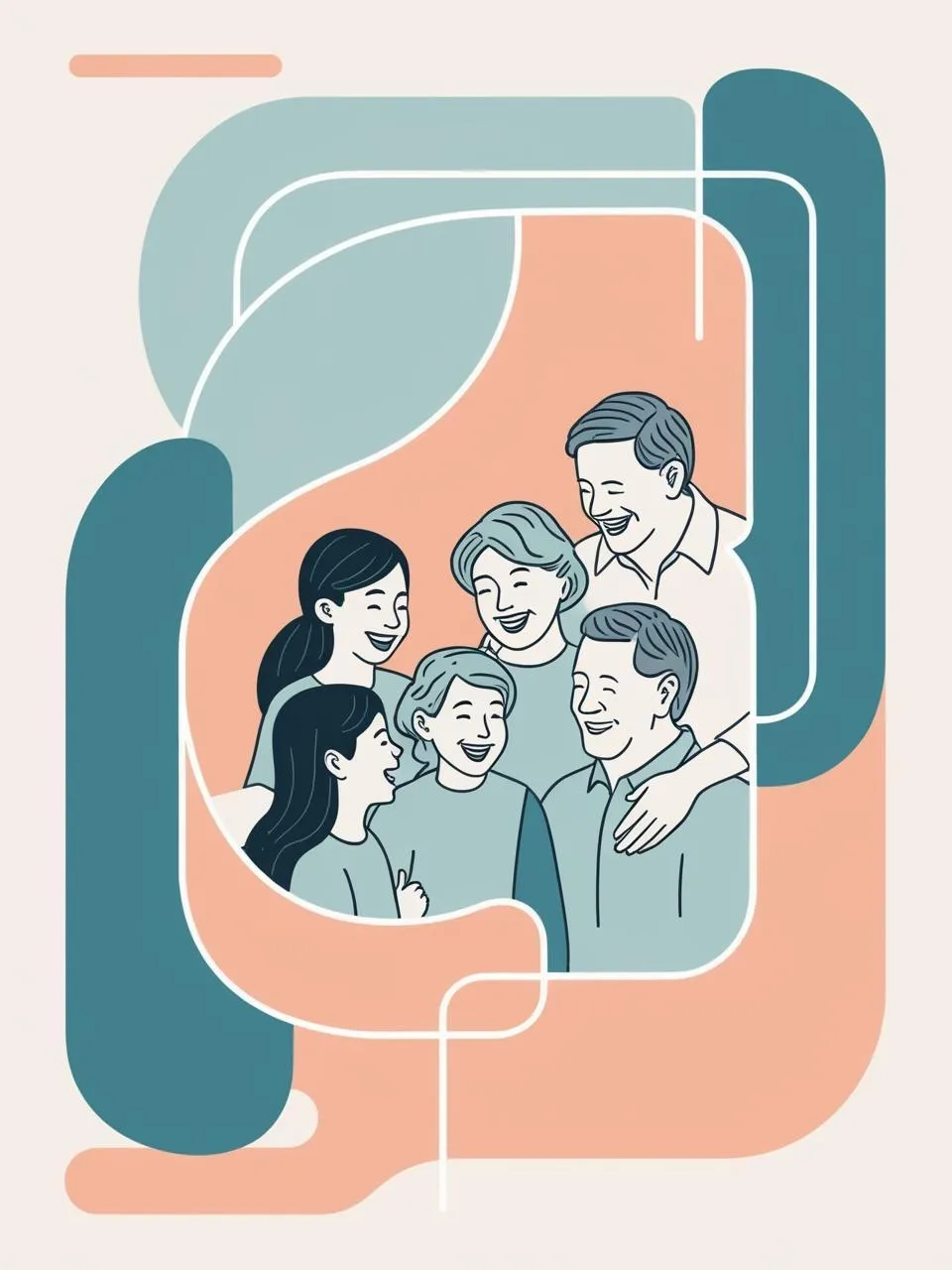
What the Research Says
Sources referenced on the Research page.
~25 years
How long it takes for the frontal lobe to develop
The rational part of the teen brain (frontal lobe) isn't fully developed until about 25 years of age.

81%
of teens report having at least 1 adult in their life that makes a positive difference.
Even just one can make all the difference.

1 in 5
adolescents reported having unmet mental health care needs
That's 20% of teens that recognize they are in need of supportive health care they are not receiving.

50%
of all lifetime mental health illnesses
BEGINS by age 14.
75% by age 24
These are just a few statistics to highlight some of the important research that has been done.
There is still much that remains to be learned and opportunities to apply this knowledge every day.

Need a little guidance?
I offer a limited number of person and family centered virtual/telephonic health coaching. With the client in the driver's seat, together we identify and clarify your goals, build a road map to reach them, and mark checkpoints along the path to ensure you are on track or if an alternate route should be considered. I will hold you accountable and provide encouragement throughout, while empowering you with tools and resources for success. Not every coach-client relationship is a good fit for a number of reasons. Therefore, I offer a no-cost 20 minute consultation to break the ice and allow us both to briefly explore if initial values and approach align. Click the Contact Us button to request more information.

